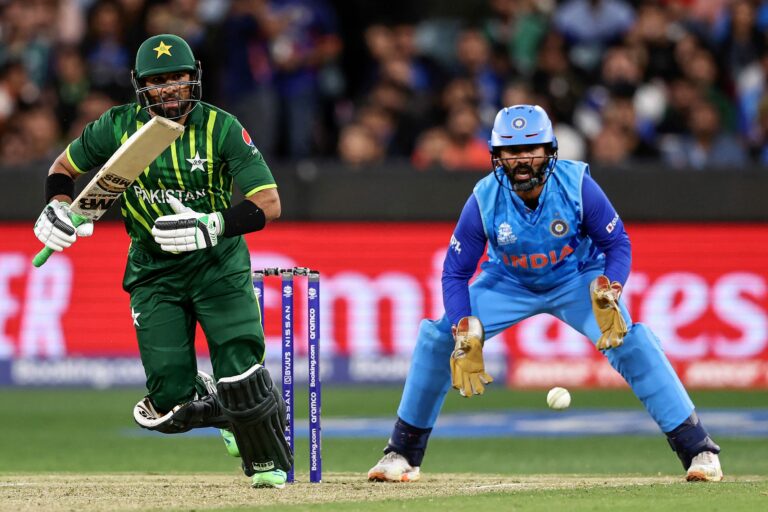The Role of Recovery Nutrition in Cricket Performance
99 exchange login password, laser 247 sign up, yolo 247:Cricket is a physically demanding sport that requires players to be at their peak performance levels at all times. From fast bowlers sending down thunderbolts at speeds of over 90 mph to batters facing up to fierce pace attacks, every player needs to ensure they are adequately fuelled and recovered to perform their best on the field.
The role of recovery nutrition in cricket performance cannot be overstated. What you eat and drink after a match or training session can have a significant impact on how quickly your body recovers and how well you perform in your next game. In this blog post, we will explore the importance of recovery nutrition in cricket and provide some tips on how you can optimize your post-match meals to enhance your performance.
1. Replenishing glycogen stores
2. Repairing muscle damage
3. Rehydrating your body
4. Essential nutrients for recovery
5. Timing is crucial
6. Post-match meals and snacks
After a match or training session, your body’s glycogen stores will be depleted, and your muscles will be in need of repair. To replenish glycogen stores, it is essential to consume carbohydrates in the form of whole grains, fruits, and vegetables. These carbohydrates will provide the energy your body needs to recover and prepare for the next game.
Repairing muscle damage is crucial for cricket players, as the sport involves a significant amount of running, jumping, and throwing. Consuming protein-rich foods such as lean meats, fish, eggs, and dairy products can help repair muscle damage and promote muscle growth.
Hydration is another critical aspect of recovery nutrition in cricket. It is essential to rehydrate your body after a game or training session to replace fluids lost through sweat. Water, sports drinks, and coconut water are all excellent choices for rehydration.
In addition to carbohydrates, protein, and fluids, your body also needs essential nutrients such as vitamins and minerals for optimal recovery. Consuming a variety of fruits and vegetables will ensure you are getting all the nutrients your body needs to recover and perform at your best.
Timing is crucial when it comes to recovery nutrition in cricket. It is recommended to consume a post-match meal or snack within 30 minutes to an hour after a game or training session to maximize recovery. This meal should contain a combination of carbohydrates and protein to replenish glycogen stores and repair muscle damage.
Post-match meals and snacks should be balanced and nutritious, focusing on whole foods such as lean proteins, whole grains, fruits, and vegetables. Avoiding processed foods and sugary snacks will help to optimize your recovery and improve your performance on the field.
In conclusion, recovery nutrition plays a vital role in cricket performance. By paying attention to what you eat and drink after a game or training session, you can optimize your recovery and enhance your performance on the field. Remember to replenish glycogen stores, repair muscle damage, rehydrate your body, consume essential nutrients, and time your post-match meals correctly to ensure you are ready for your next game.
FAQs:
Q: What are some good post-match snacks for cricket players?
A: Some good post-match snacks for cricket players include a banana with peanut butter, yogurt with berries, a turkey and cheese sandwich, or a protein shake with fruit.
Q: How much water should cricket players drink after a game or training session?
A: Cricket players should aim to drink at least 16-20 ounces of water or a sports drink for every pound of body weight lost during a game or training session.
Q: Is it important to eat immediately after a game or training session?
A: Yes, it is essential to eat within 30 minutes to an hour after a game or training session to optimize recovery and prepare for your next game.






